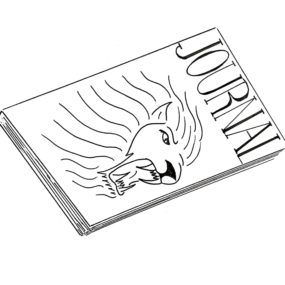
Basic information
- Target audience: Higher education students (any level of studies).
- Summary: To alert scholars, especially novice authors, about unethical behaviour from journals and to recommend procedures and policies to be followed.
- Objective: To offer some guidance for authors and highlight the treats from disreputable journals/editors.
- Length: Between 90 to 120 minutes.
Abstract
Novice authors, such as pregraduated, MSc or PhD students, may face some difficulties when trying to publish their academic work. Being inexperienced authors, they can be seduced by predatory journals and end up with serious problems. Recommended procedures on how to avoid/resolving this type of ethical issues should be brought to light before students submit their academic work on their own. In this case study, the student was an easy target for the disreputable journal. Not only he ended up facing a dilemma about how to respond to this type of abusive behaviour by the journal but also seeing his work available on-line without the authors permission.
Workshop outline
- Introduction to the theme (10 minutes)
- Reading the study case (5 minutes)
- Division of the students in groups
- Discussion of the options in groups (30 minutes)
- Discussion of the options between groups (45 minutes)
- Final discussion (20 minutes)
- Take home message
Learning outcome/Message of the case
The quality of scientific literature is increasingly threatened by a flood of inconsequential publications. It is mandatory to address this problem and provide guidance to all scholars that contribute to scientific publications. Students, most of all, since they are the most vulnerable, need recommendations for protecting their scientific work from predatory journals.



